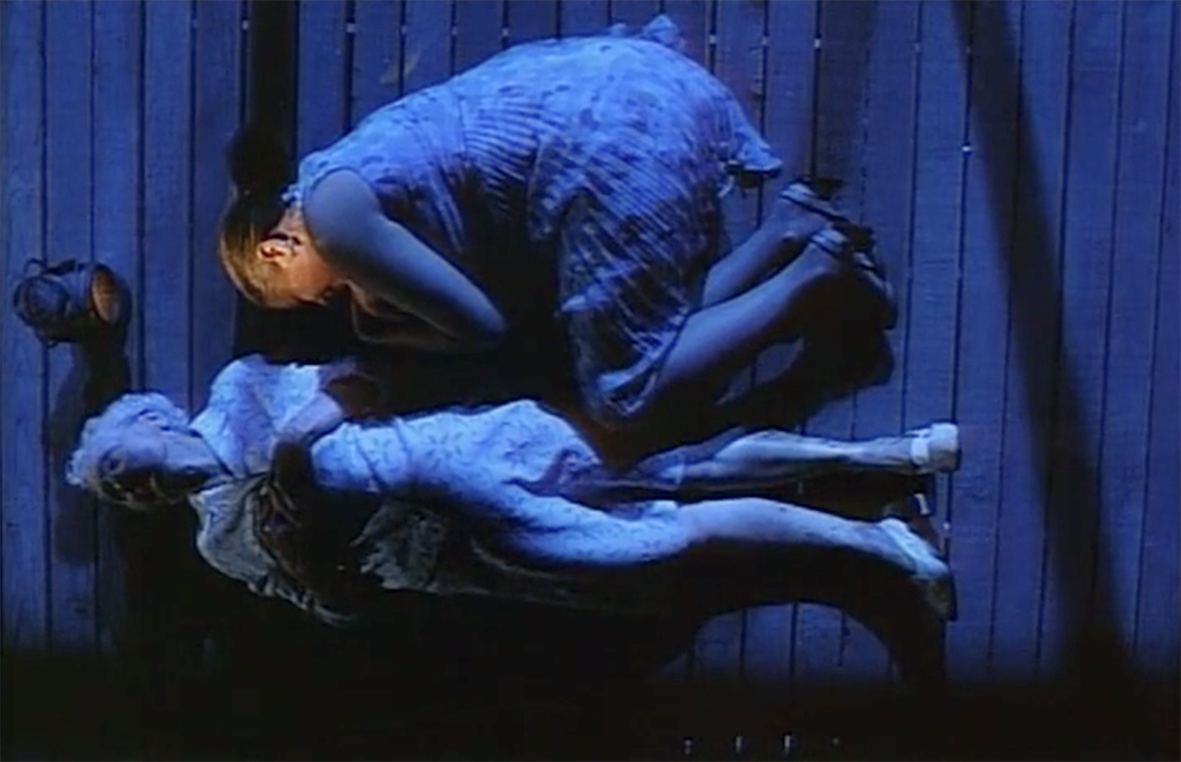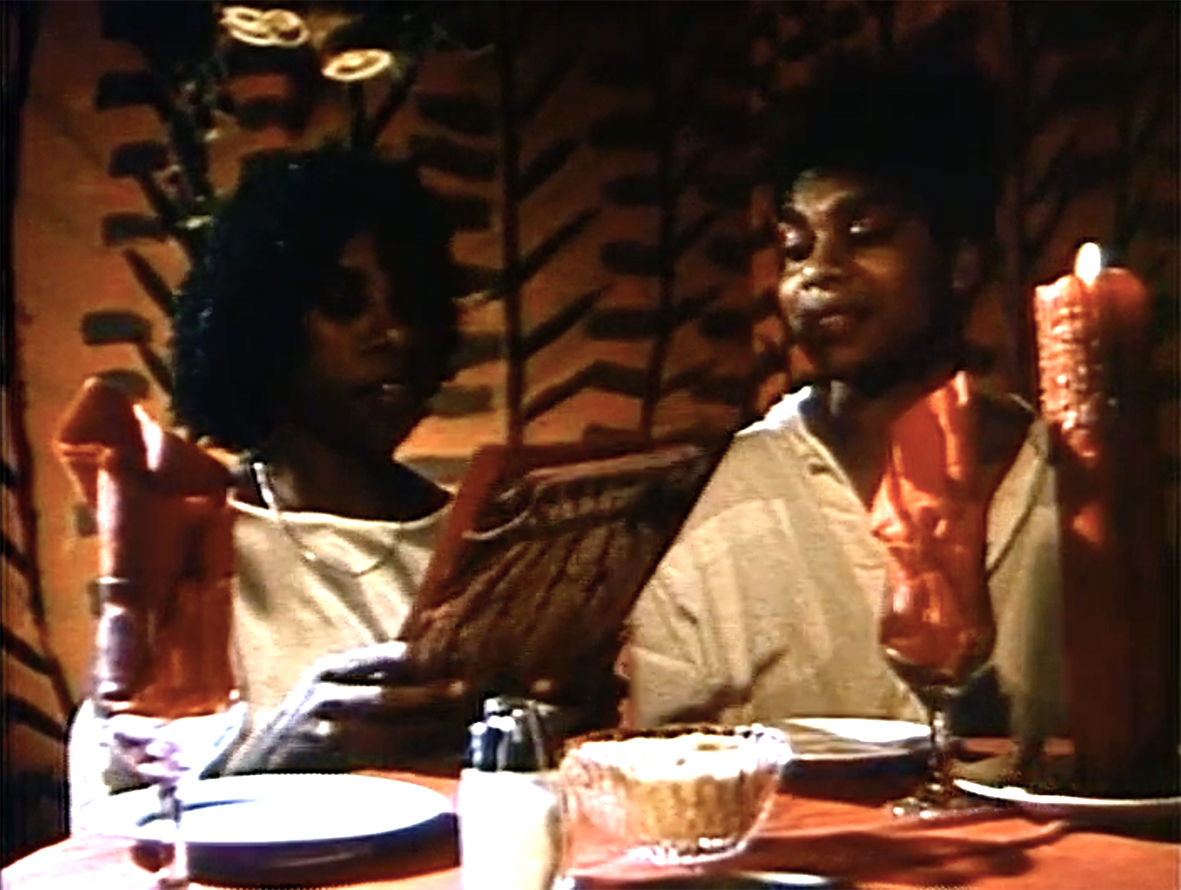Tracey Moffatt
Tracey Moffatt (b. 1960, Brisbane, Australia) is an artist and filmmaker of Aboriginal Australian heritage. She is recognized for revolutionizing global photographic practice at the end of the twentieth century and is one the most innovative contemporary artists working today. Her stylistically diverse body of films and photographic works explore childhood memories and broader issues of race, gender, class, sexuality, and identity.
Moffatt’s work has been the subject of more than one hundred solo exhibitions and has been widely shown at museums and galleries internationally, including The Museum of Modern Art, Cannes Film Festival, Stedelijk Museum, Dia Art Foundation, Museum of Contemporary Art Sydney, and the Royal Academy of Arts in London.
She is the subject of numerous publications, including The Moving Images of Tracey Moffatt (Charta, 2007), a major monograph dedicated to her film and photographic practice. She lives and works between Sydney, Australia and New York.


Night Cries: A Rural Tragedy, Tracey Moffatt, Australia, 35mm︎digital, 19 min, 1990
A dazzling grand opera of silence and maternity, as opulent as Robert Wilson, as soulfully anguished as Fassbinder.
–Manohla Dargis
On an isolated, surreal Australian homestead, a middle-aged Aboriginal woman nurses her dying white mother. The adopted daughter’s attentive gestures mask an almost palpable hostility. Their story alludes to the assimilation policy that forced Aboriginal children to be raised in white families. The stark, sensual drama unfolds without dialogue against vivid painted sets as the smooth crooning of an Aboriginal Christian singer provides ironic counterpoint. Moffatt’s first 35mm film displays rare visual assurance and emotional power.
–Women Make Movies

Nice Colored Girls, Tracey Moffatt, Australia, 16mm︎digital, 16 min, 1987
With humor, elegance, and finesse, Tracey Moffatt brilliantly deconstructs the classic good girl/bad girl dichotomy in a game of seduction, symbolic violence, and illusions.
–Berenice Reynaud
This stylistically daring film by Tracey Moffatt audaciously explores the history of exploitation between white men and Aboriginal women, juxtaposing the ‘first encounter’ between colonizers and native women with the attempts of modern urban Aboriginal women to reverse their fortunes.
–Women Make Movies
Through allegory, experimental techniques, and a witty use of voice-over, artist Tracey Moffat subverts the colonial gaze in this short about three young Australian Aboriginal women out on the town with a “captain.”
–The Museum of Modern Art
Co-presented with Women Make Movies and Three Fold. Image credits: all artworks, stills, and portraits courtesy of the artist © Tracey Moffatt and Women Make Movies.
View next: Ulysses Jenkins, as part of Media City Film Festival: Spotlight Series